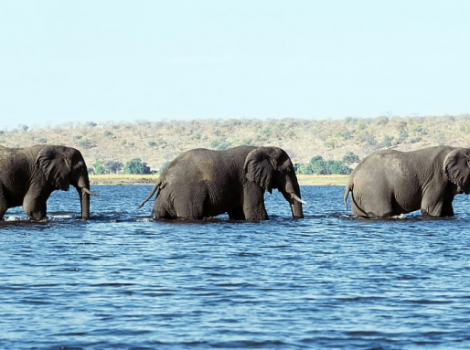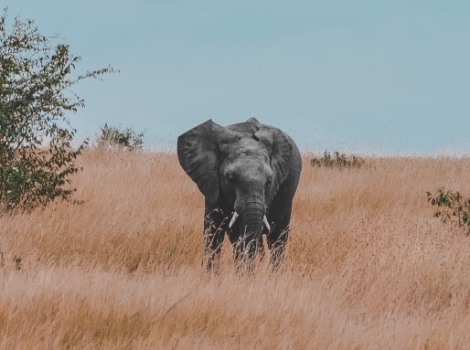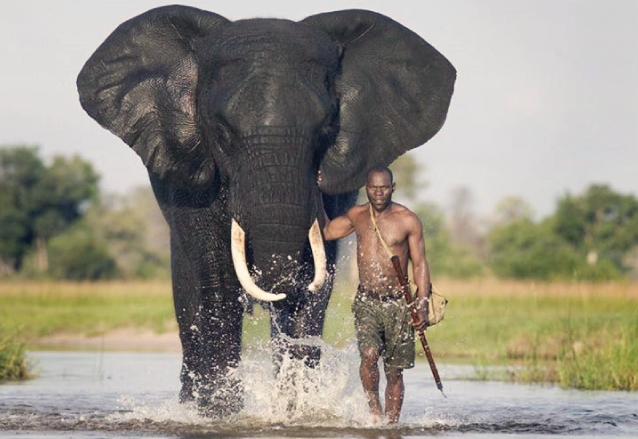
Following the international media storm since the Botswana government announced the decision to lift the ban on elephant hunting, His Excellency the President of Botswana, Dr Mokgweetsi Masisi explains the reason behind the decision.
Botswana does NOT plan to turn elephant meat into dog food
When my Government announced earlier this week [Thursday, May 23] that Botswana would be lifting its ban on elephant hunting, many people around the world, but especially in the U.S. and the UK, reacted with shock and horror. How could we do such a thing? What could possibly justify the wholesale slaughter of such noble and intelligent creatures? Is it really true that we intend to turn these magnificent animals into dog food?
All of these questions, and many more like them that have been raised in recent days, are understandable – understandable but misguided. The fact is, we in Botswana who live with and alongside the elephants yield to no one in our affection and concern for them, and we would never condone, no less promote, any of the terrible things those questions imply are in the offing. So let me explain what it is we are doing, and why.
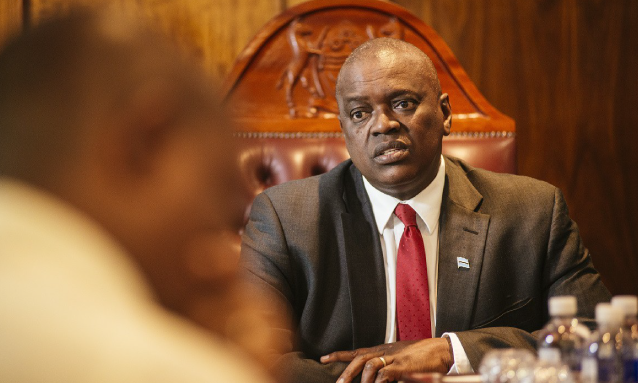
To begin with, while it is true that we are lifting the ban on hunting, we are doing so in an extremely limited, tightly controlled fashion. We are not engaging in anything remotely like the culling of our elephant herds, and we are definitely not going to be using any elephants for pet food.
Rather, after extensive consultations with local communities, scientists, and leaders of neighbouring African states, we decided on a course of action that embodies three guiding principles—the need to conserve Botswana’s natural resources, the need to facilitate human-wildlife co-existence and the need to promote the scientific management of the country’s elephants and other wildlife species.
The hunting ban was initially a temporary measure to stem the decline of some species
The hunting ban was originally put in place in 2014, ostensibly as a temporary measure in response to reports of declines in some animal populations. But Botswana’s elephant population wasn’t at risk.
To the contrary, while the number of elephants in all of Africa has been declining, Botswana’s elephant population has been exploding – from 50,000 or so in 1991 to more than 130,000 today – far more than Botswana’s fragile environment, already stressed by drought and other effects of climate change can safely accommodate.
With elephants moving out of their usual range in search of food and water, there has been a sharp increase in the number of dangerous human-elephant interactions, one result of which has been widespread destruction of crops, livestock and property. In the north, marauding elephants have slashed maize yields by three-quarters.
As an expert at the World Wildlife Fund recently noted, “A year’s livelihood can be destroyed in one or two nights by crop-raiding elephants.”
Even worse, people have been injured and even killed by elephants roaming freely across Botswana’s unfenced parks and rural areas.
Adding to the problem is a sense of deep unhappiness about the hunting ban among rural people who felt they weren’t consulted when the ban was first imposed. Combined with the destructive impact of elephant overpopulation, this has transformed rural people’s traditional concern for wildlife into resentment, leading many to take up poaching.
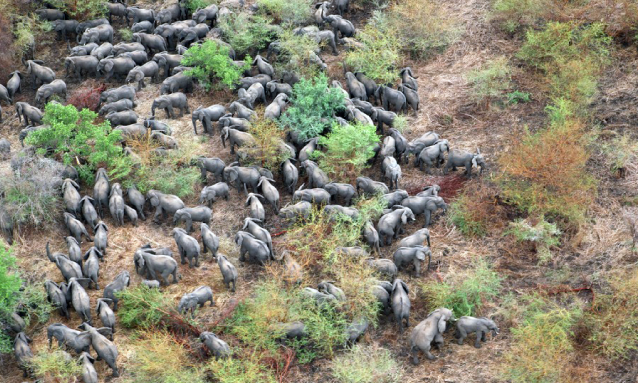
The escalating Human-Wildlife Conflict
So this is the problem that lifting the ban seeks to address. It’s not that the ban caused the huge increase in our elephant population. It’s that it has allowed elephants to move with impunity into once-hazardous inhabited areas, thus increasing the number of human-elephant conflicts and not incidentally, the environmental and economic challenges faced by rural people.
The need to do something about the escalating level of Human-Elephant Conflict was a central theme of the Kasane Elephant Summit I recently hosted for the leaders of Angola, Namibia, Zambia, and Zimbabwe. Collectively, the five southern African countries are home to more than 260 000 elephants in what we call the Kavango Zambezi Trans-frontier Area, and at our meeting we agreed that assuring the future of elephants in our region depends on our ability to ensure that elephants are an economic benefit, not a burden to those who live side by side with them.
A mutually beneficial solution
To this end, we in Botswana will be encouraging community-based organisations and trusts to emphasise natural-resource conservation and tourism. Thus, we will be allocating more than half the elephant licenses we grant to local communities and instituting a series of strong measures designed to guarantee local people far more than just menial jobs but rather a significant ownership stake in the tourism industry.
In this way, we will restore the value of elephants to rural populations. In turn, this will provide local communities with a strong incentive to protect elephants and other wildlife from habitat loss, poaching and anything else that threatens their survival. In short, as they realise the economic benefits of wildlife resources, local communities will become increasingly committed to sustainable wildlife management and conservation – a commitment that will benefit both Botswana’s people and Botswana’s elephants.
Source: BWGovernment Facebook page

